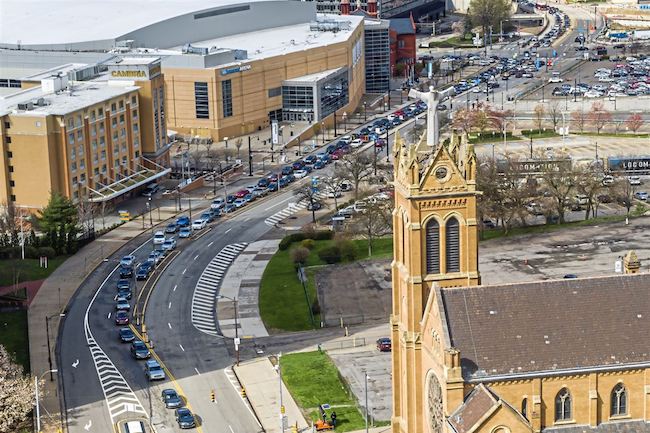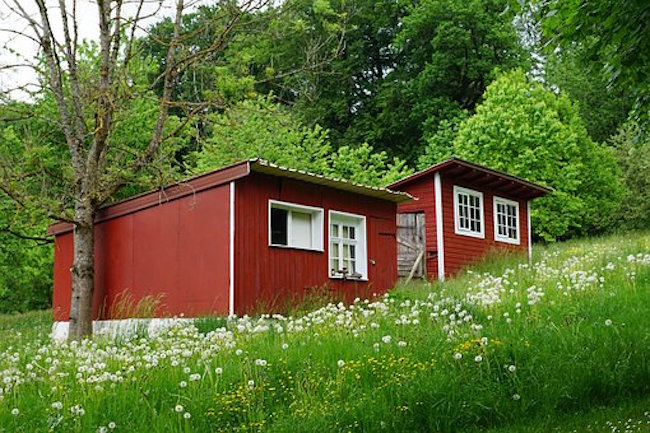The Uncensored, Real-Deal Guide to Bugging Out of the City by Fabian Ommar for The Organic Prepper
The concept of bugging out is one of the most discussed and controversial topics in preparedness and survivalism. The term bug out comes from the military. It means retreating, fleeing in a hurry, abandoning position in panic. This definition applies to the act of bugging out in survivalism as well. For the sake of objectiveness, let’s consider bugging out as fleeing the urban context because this is the current situation for most people.
Given the tense situation building around the world, we’re about to see more and more people fleeing from the cities. Many of them have no idea what they’re doing so the definition above fits perfectly.
You can find entire chapters in numerous books, endless videos, articles, and treaties dedicated to the whys and hows of bugging out. The debates continue whether it’s the best or the worst idea ever for when the SHTF.
This dilemma stem perhaps mostly from two conflicting factors:
- The myth of the lone wolf, the romantic and somewhat unrealistic idea of living alone, either fighting in the city or hunting and foraging in the wilderness. It is promoted and believed by many as a viable bug-out option.
- Bugging out involves many variables and decisions which are profoundly important. Bugging-out comes with severe and lasting implications. Detachment from reality and people are nearly impossible to avoid.
Let’s cut through all the nonsense and terrible advice out there. Let’s get real about bugging out.
Why would someone choose to stay rather than bug out?
Abandoning home or bugging out, however we look at it, is an extreme measure, usually dictated by extreme circumstances. In some cases, it can be the only obvious option. In all others, things are not as clear-cut. Examining the reasons why some people tend to remain in place may offer a few insights on the issue.
Motives range from limited options (or none at all), low mobility, fear of the unknown, misjudgment of the situation (something Selco highlights frequently), and lack (or excess) of trust in authorities’ capacity to help. Comfort, conformity, and even entitlement can be reasons for people to stay put as well. Not to mention that a house and its contents can be a significant possession, frequently the most substantial one. No one wants their home looted or vandalized during a disaster.
Indeed in most cases, staying put is probably the best option. Home equals safety to the majority of people, and rightly so. At least during normal times, and therein lies an important distinction, one that can help answer if and when it’s best to stay or to evacuate.
With all that’s going on globally, everyone should have a clear plan
It is necessary to have a clear limit as to when enough brown stuff has hit the fan to justify moving elsewhere, considering the evolution of the situation and our circumstances. This limit is personal and may vary. But having this drawn in advance puts things in perspective while we’re still in good judgment and advantageous position, rather than engulfed in chaos.




